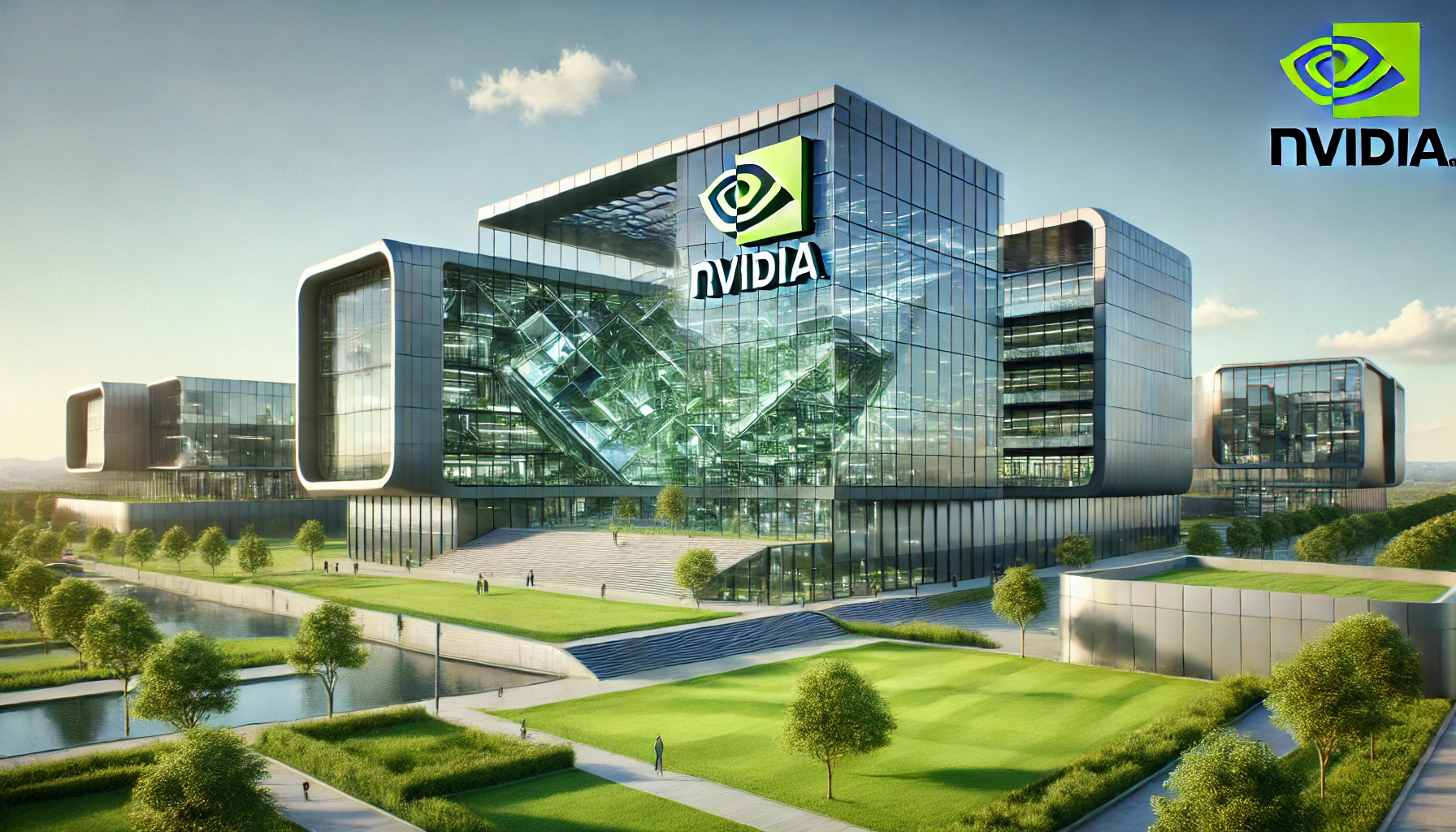| Key Points: – Palantir stock surged 25% to a record high following better-than-expected fourth-quarter results and strong guidance. – The company’s U.S. commercial revenue grew 64% year over year, while U.S. government revenues rose 45%. – CEO Alex Karp emphasized Palantir’s pivotal role in AI and national security, predicting sustained momentum over the next three to five years. |
Palantir Technologies saw its stock price soar by 25% on Tuesday, hitting a record high after delivering robust fourth-quarter earnings and an optimistic outlook fueled by artificial intelligence (AI) advancements. The Denver-based software company reported adjusted earnings of 14 cents per share on revenue of $828 million, surpassing analysts’ expectations of 11 cents per share and $776 million in revenue.
The company also provided strong guidance for the first quarter of 2025, forecasting revenue between $858 million and $862 million—well above the $799 million analysts had anticipated. For the full year, Palantir expects revenue between $3.74 billion and $3.76 billion, again exceeding estimates of $3.52 billion. This impressive performance has driven Palantir’s stock up 36% year-to-date, continuing its explosive 340% growth throughout 2024 as AI adoption accelerates.
CEO and co-founder Alex Karp attributed the company’s momentum to the increasing adoption of its AI-powered platforms across both commercial and government sectors. Palantir’s U.S. commercial revenue surged 64% year over year, while its U.S. government revenue climbed 45%. Karp described the company’s trajectory as “unlike anything that has come before,” reinforcing its dominance in AI and data analytics.
Palantir, long recognized for its work with U.S. defense and intelligence agencies, has also seen rising demand for its AI-driven commercial software solutions. The company expects U.S. commercial sales to grow by 54% in 2025, reflecting broader enthusiasm for AI-driven business intelligence and operational efficiency.
“We are at the very beginning of our trajectory and the AI revolution,” Karp said in his letter to shareholders. “We plan to be a cornerstone—if not the cornerstone—company driving this transformation in the U.S. over the next three to five years.”
Karp also emphasized Palantir’s commitment to national security, stating that the company is “very long America” and aims to enhance U.S. military capabilities to deter potential adversaries. His comments come amid rising competition in AI, particularly following China’s DeepSeek AI breakthroughs, which have raised concerns over technological supremacy and national security implications.
The strong earnings report prompted several Wall Street firms to raise their price targets for Palantir’s stock. Bank of America analyst Mariana Perez Mora called Palantir an AI “value adder” and increased her price target, while Morgan Stanley upgraded the stock from underweight to equal weight. Analyst Sanjit Singh admitted that concerns over slowing growth had been overstated, saying, “Given the strength of the outlook, we acknowledge that we were wrong about our core fundamental catalyst of slowing growth below the 30% level.”
With AI adoption showing no signs of slowing, Palantir’s strong financial results and forward-looking guidance have solidified its status as a key player in the evolving AI landscape. Investors remain highly optimistic about the company’s future, as it continues to expand its AI-powered solutions across both public and private sectors.













